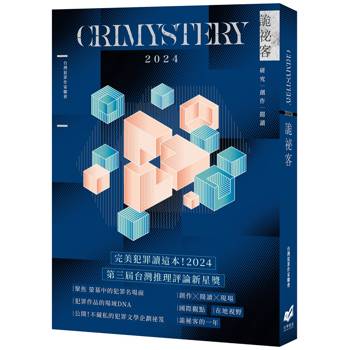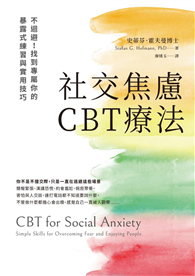Some educators feel that children’s cognitive styles should be taken into account when learning activities are planned for them. The term cognitive styles refers to one’s personal style, and describes an individual’s mode of understanding, thinking, remembering, judging, and solving problems; in short, how he or she responds to and makes sense of the world. Assessing this functioning makes more sense than relying on a simple score on a standardized intelligence test. Teachers need to be aware of recent cognitive style research and learn to use the results of this research to plan effective educational programs. This book presents historical perspectives, suggests practical classroom applications, and provides implications for future research.
| FindBook |
有 1 項符合
Teachers’ and Students’ Cognitive Styles in Early Childhood Education的圖書 |
 |
Teachers’ and Students’ Cognitive Styles in Early Childhood Education 作者:Saracho 出版社:Praeger 出版日期:1997-08-26 語言:英文 規格:精裝 / 224頁 / 24.4 x 16.3 x 2.5 cm / 普通級/ 初版 |
| 圖書館借閱 |
| 國家圖書館 | 全國圖書書目資訊網 | 國立公共資訊圖書館 | 電子書服務平台 | MetaCat 跨館整合查詢 |
| 臺北市立圖書館 | 新北市立圖書館 | 基隆市公共圖書館 | 桃園市立圖書館 | 新竹縣公共圖書館 |
| 苗栗縣立圖書館 | 臺中市立圖書館 | 彰化縣公共圖書館 | 南投縣文化局 | 雲林縣公共圖書館 |
| 嘉義縣圖書館 | 臺南市立圖書館 | 高雄市立圖書館 | 屏東縣公共圖書館 | 宜蘭縣公共圖書館 |
| 花蓮縣文化局 | 臺東縣文化處 |
|
|
圖書介紹 - 資料來源:博客來 評分:
圖書名稱:Teachers’ and Students’ Cognitive Styles in Early Childhood Education
內容簡介
作者簡介
OLIVIA NATIVIDAD SARACHO is Professor of Education in the Department of Curriculum and Instruction at the University of Maryland at College Park. For several decades, Dr. Saracho has conducted research related to cognitive style, including young children. She is coauthor of Right from the Start (1994), Dealing with Individual Differences in the Early Childhood Classroom (1994), and Foundations of Early Childhood Education (1991).
|










